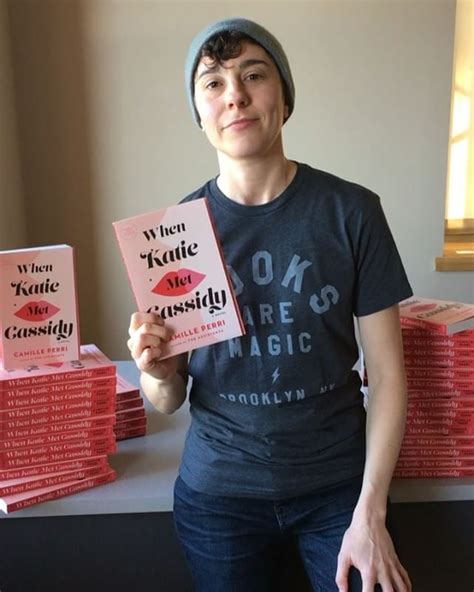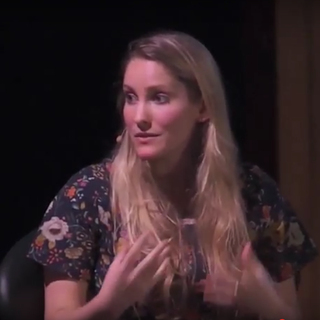A Quote by Navya Nair
As a socially conscious person, I have my views on matters like gender inequality and progressive movements. But being a mother, children's issues have affected me a lot.
Related Quotes
For most progressives, what happens in families is a matter of "just" women's issues and children's issues. So progressive movements have focused primarily on dismantling the top of the dominator pyramid (politics and economics) and left its foundations (domination in family, gender, and other intimate relations) in place.
I think it's important for us to recognize that although historically black communities have been very progressive with respect to issues of race and with respect to struggles for racial equality, that does not necessarily translate into progressive positions on gender issues, progressive positions on issues of sexuality and in the latter 1990s we have to recognize the intersectionality, the interconnectedness of all of these institutions and attitudes.
A man is called affected, nowadays, if he dresses as he likes to dress. But in doing that he is acting in a perfectly natural manner. Affectation, in such matters, consists in dressing according to the views of one's neighbour, whose views, as they are the views of the majority, will probably be extremely stupid.
Current conflicts and guilt about being a woman who is a mother and a person in her own right are a socially defined malaise, notan individual problem.... The conflict is not between being a mother and having a career; it is between nineteenth-century ideas about children and today's ideas about women.
In the U.S. when people like me started writing things about inequality, the economic journals had no classification for inequality. I couldn't find where to submit my inequality papers because there was no such topic. There was welfare, there was health issues, there was trade obviously. Finance had hundreds of sub groups.
I think, from a progressive point of view, to have a Democratic Congress and a Democratic White House, and to have spent the time on Obamacare, which had real benefits, 20 million insured, but not on inequality, was a major cost to the Democratic Party, costing them their majorities, but also a bit of a cost to the country, because it didn't address the fundamental issues that led to Donald Trump and that led to a lot of unhappiness, just the continued widening inequality.
I think the Resurrection continues to be a pivotal issue, a pivotal question for people. I think a lot of other issues have been raised in interim years, about the nature of truth, of course gender issues, issues involving social matters like abortion and euthanasia and so forth, those swirl about and change from time to time, but I think the fundamental question of whether or not Christianity is true ultimately goes back to the Resurrection.
I feel like 2013 was one giant snowball of me being confused with my place in life and within the group. A lot of it was self-confidence issues, a lot of outside issues, and a lot of me questioning the future of what I was doing. And my mistake was letting all that influence me so that I wasn't the best I could be in life!
We have to deal with issues like inequality, we have deal with issues of economic dislocation, we have to deal with peoples fears that their children won't do as well as they have. The more aggressively and effectively we deal with those issues, the less those fears may channel themselves into counter-productive approaches that pit people against each other.




































